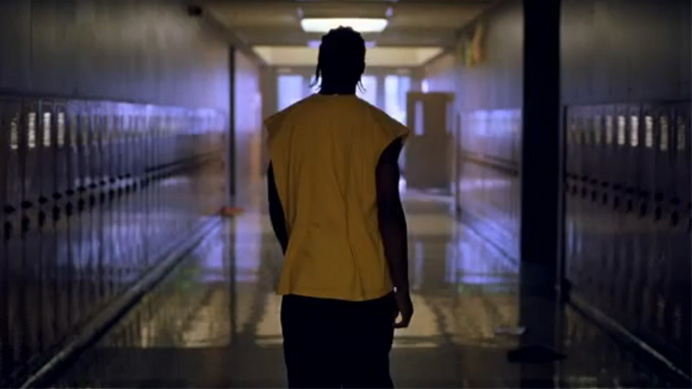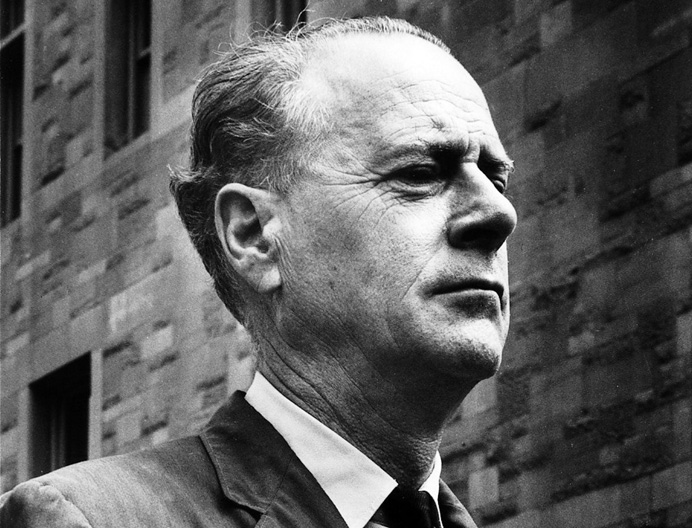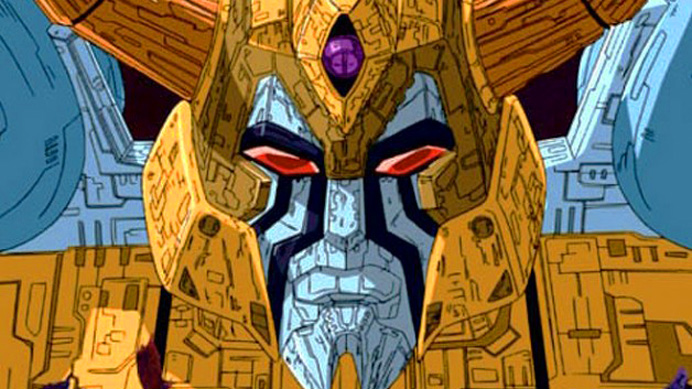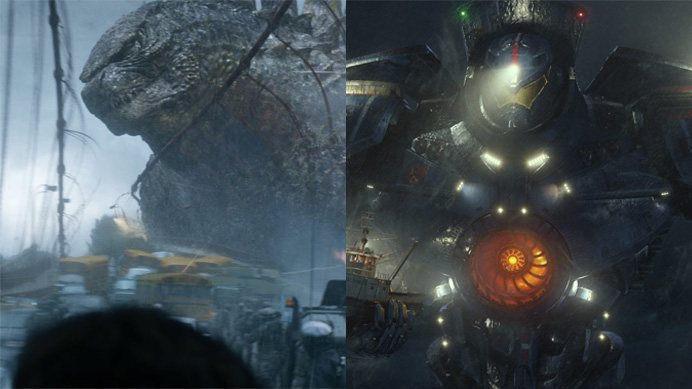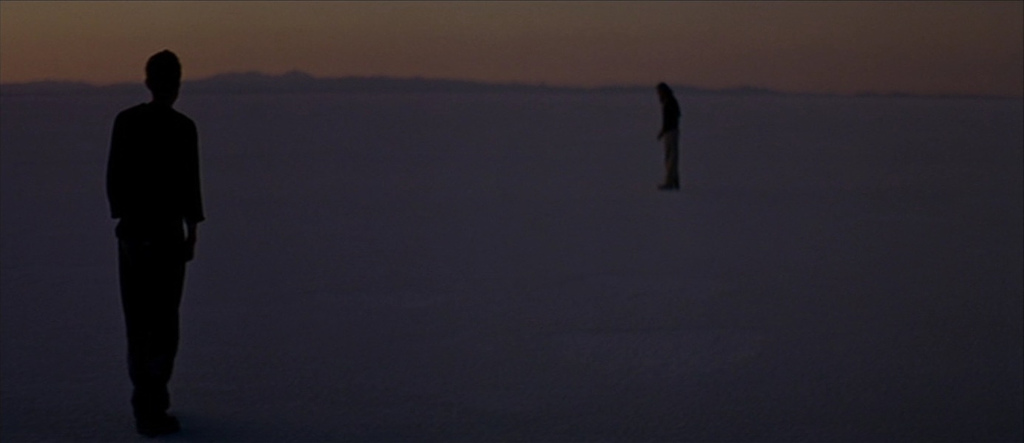
Part two in a series of three pieces by Harry Brewis tackling Gus Van Sant’s Death Trilogy. Click here for part one.
Gerry is about two guys who get lost on a hike in the desert and slowly dehydrate as they try to find a way back. In a moment of mercy, one strangles the other to save them from suffering a much longer and more painful death in the sun. Like with Elephant, the plot is a little thin on the ground, based on a true story the audience probably already knows going in. But the way it’s presented allows it to tell a story with a surprisingly great deal of depth.
Elephant was about characters so trapped in their own way of thinking that they fail to see death coming, or fail to question why they have chosen to kill others. Gerry takes the opposite tack and explores the hidden advantages of living this way.
